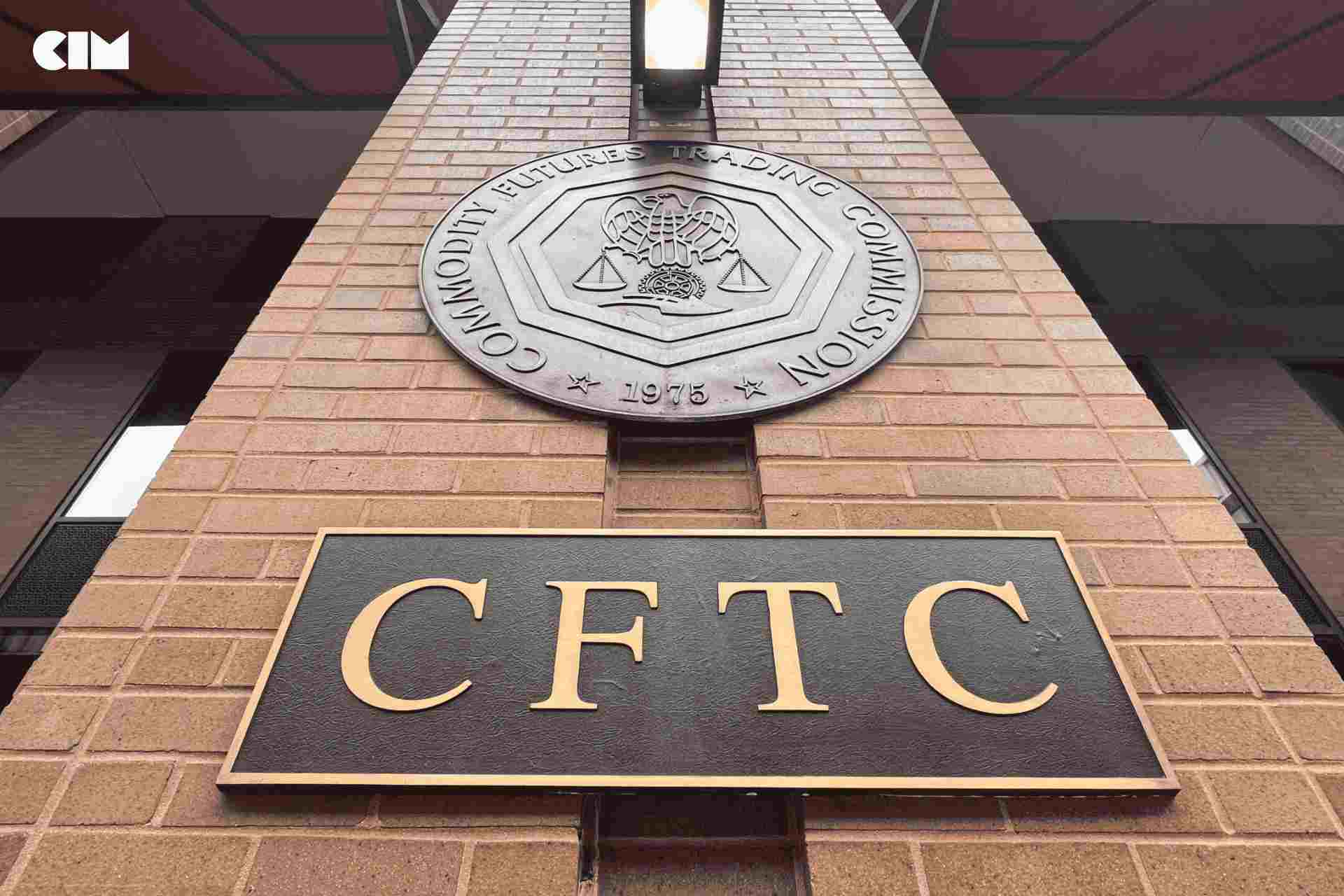QUICK BITE
- India’s FIU is expected to allow two more foreign crypto exchanges to resume operations after a review of their AML compliance.
- Binance and KuCoin have already registered with India’s FIU, while OKX shut down operations due to regulatory hurdles.
- Approval of additional exchanges could boost competition, lower fees, and enhance liquidity in the Indian crypto market.
India’s Financial Intelligence Unit (FIU) is expected to approve two more offshore crypto exchanges to resume operations in the country. The FIU, which oversees Anti-Money Laundering (AML) compliance, is reviewing requests from four overseas exchanges previously banned for not following AML rules.
After approving Binance and KuCoin, the FIU has received applications from four other exchanges, and at least two are likely to be allowed to operate by the end of FY25, according to a report. The exchanges will face a detailed review of transaction transparency, suspicious activity reporting, and other compliance factors.
ALSO READ: Startup of the Week: How KoinBX is Democratizing Crypto Access to Everyone
India’s Financial Intelligence Unit (FIU) blocked access to nine foreign crypto exchanges, including Binance, in early January for violating anti-money laundering (AML) rules. Since then, Binance and KuCoin have registered with the FIU, while OKX shut down its operations, citing regulatory challenges.
On August 15, Binance announced it had registered as a reporting entity with the FIU after reportedly paying a $2 million fine. Raj Kapoor, founder of the India Blockchain Alliance, told Cointelegraph that the approval for two more foreign exchanges to resume operations in India could significantly impact the local crypto market by increasing competition and offering better trading options for Indian investors.
Kapoor expects the competition to lower fees, boost liquidity, and introduce innovative products, making the market more attractive to institutional investors. However, he also warned that domestic exchanges may face pressure to improve, potentially leading to regulatory challenges as authorities work to protect investors.




